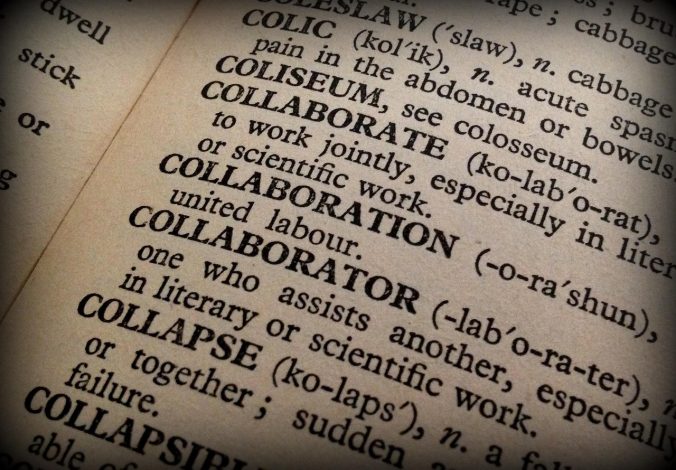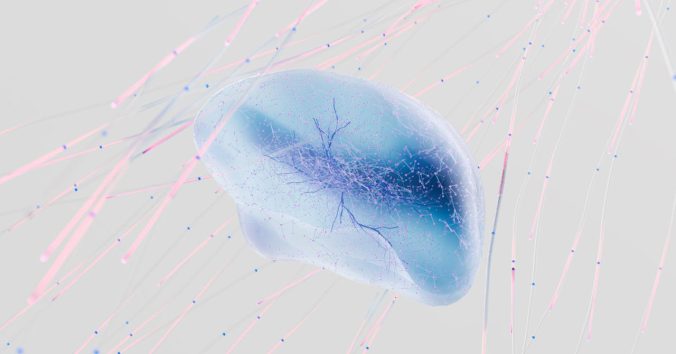One of the most timeless TV crime series is probably Columbo. Peter Falk plays an inquisitive police lieutenant who sometimes seems so far beyond ordinary time reckoning that he can make Los Angeles resemble ancient Athens, where an equally inquisitive philosopher cared just as little about his appearance. I hope you have seen a few […]
Continue readingPage 4 of 49
It is understandable if the COVID-19 pandemic spurred many researchers to conduct their own studies on patients with the disease. They wanted to help in a difficult situation by doing what they were competent to do, namely research. The question is whether the good will sometimes had problematic consequences in terms of research ethics. For […]
Continue readingMany projects are underway in Sweden regarding AI systems in healthcare. The testing of AI solutions is in full swing. But many systems do not seem to be implemented and used. Why? Often it is a matter of poor preparatory work. Without a carefully considered strategy and clear goals, we risk scaling up AI systems […]
Continue readingHuman genomics has potential to improve the health of individuals and populations for generations to come. It also requires the collection, use and sharing of data from people all over the world. There is therefore an accompanying need for a globally fair distribution of genomic technology, data and results. As the databases and infrastructures will […]
Continue readingA recurring theme on this blog is the question of who can be counted as an author of a research article. You might be thinking: how difficult can it be to determine if someone is the author of an article? But the criteria for academic authorship are challenged on several fronts and therefore need to […]
Continue readingThe eating disorder anorexia (anorexia nervosa) is a mental disorder that can be life-threatening if it is not treated. It is characterized by fear of gaining weight: you starve yourself to lose weight and do not understand that being underweight is dangerous. Even if most recover, the disease is associated with increased mortality and the […]
Continue readingPsychological distress that ethnic minorities experience is an often overlooked problem. In France, the mental well-being of ethnic minorities, particularly those with North African immigrant backgrounds is an important issue to study. Both first- and second-generation immigrants face unique challenges that may make them more vulnerable to more general mental health issues, and psychological disorders. […]
Continue readingDigitization of healthcare requires a national strategy to increase individuals’ ability to handle information digitally

There is consensus that the digitization of healthcare can make it easier to keep in touch with healthcare and get information that supports individual decision-making about one’s own health. However, the ability to understand and use health information digitally varies. The promising digitization therefore risks creating unequal care and health. In this context, one usually […]
Continue readingWho can be listed as an author of a research paper? There seems to be some confusion about the so-called Vancouver rules for academic authorship, which serve as publication ethical guidelines in primarily medicine and the natural sciences (but sometimes also in the humanities and social sciences). According to these rules, an academic author must […]
Continue readingIn a recent post on this blog I summarized the main points of a pre-print where I analyzed the prospect of artificial consciousness from an evolutionary perspective. I took the brain and its architecture as a benchmark for addressing the technical feasibility and conceptual plausibility of engineering consciousness in artificial intelligence systems. The pre-print has […]
Continue reading









